The fastest-growing sport in the United States appears, at first glance, comically childish. It is played on a shrunken tennis court with a yellow wiffle ball. Serves are underhand, and the blocky, plastic rackets look more appropriate for flipping burgers than for competition.
Even in the wacky world of sports lexicon, this sport’s language stands out in its oddness. The region directly in front of the net is called the “kitchen.” If you hit a shot that lands there, it’s a “dink.” The name of the sport itself sums things up nicely. “It’s goofy,” Brandon Mackie, founder of the website Pickleheads, told The Maroon. “Pickleball, named after pickles.”
If you’re used to tennis—pickleball’s granddaddy, as well as a sport enshrined in centuries of tradition—the sight of people playing pickleball appears strange. It is reminiscent of a scene in a fantasy movie, where the giant picks up a regular-sized object and it appears laughably small in their hands.
But despite its odd look and language, pickleball is in vogue. Since the pandemic, the once-obscure sport has skyrocketed in popularity. The Sports Fitness and Industry Association ranked pickleball as the fastest growing sport in the United States in 2021 and 2022. It now boasts almost five million players nationwide. “Pickleball was kind of the perfect thing for the COVID world. It wasn’t a contact sport. It was social,” Mackie explained. “And then what really made it take off was just how fun and easy the sport is to learn.”
Pickleball is also becoming economically notable. Real estate developers in Florida are currently spending $180 million to construct 15 private pickleball clubs. One such club, located in Sarasota, is expected to include 12 indoor courts, a club shop, and a café. In lieu of a club near them, pickleball enthusiasts with disposable income are now considering constructing private courts in their backyards.
In Chicago, new specialized pickleball courts are popping up from Ravenswood to Riverdale. A quick scan of Pickleheads, which functions primarily as a database for pickleball courts, reveals that Grant Park North Courts Tennis Center now has 14 courts, while Maggie Daley Park has 10. Predictably fewer permanent courts exist around Hyde Park, but Jackson Park Fieldhouse, Mandrake Park, and Gwendolyn Brooks Park—all within 10 blocks of campus—each have courts.
The crème de la crème of pickleball in Chicago, however, is out west in the suburbs. A massive 14,000-square-foot pickleball complex with the slightly eerie name of “Pickle Haus” is currently under construction and is set to open in Algonquin in November. The real estate group constructing the Haus calls it “an entertainment complex offering best-in-class pickleball, state-of-the-art golf simulators, a courtyard for enjoying lawn games and live music, and an award-winning-chef-driven food and beverage program.”
Like all great trends, the rise of pickleball has not come without some discontent. Much of the vitriol stems from tennis players who, as pickleball sweeps across the nation, have been forced to give up public court space. As Block Club Chicago reported last year, many of the 50 new pickleball courts the Chicago Park District plans to open by 2025 will be converted from already-existing tennis courts.
This necessary co-opting of tennis courts or concrete spaces sets pickleball apart from other recently popularized sports like Ultimate Frisbee and spikeball, which can be played on a wider variety of surfaces and as such are easier to find room for. “People don’t like to have to share their space with something that’s grown to become so large,” Mackie said.
In March, a feud between parents and pickleball players erupted in Old Town after parents alleged that the courts installed in Bauler Park were taking space away from children and that players were behaving inappropriately in the park. The pickleball groups, in turn, accused parents of harassing them and sending their children onto the courts to break up play. Each side eventually created an online petition in an attempt to garner support for their cause.
Pickleball noise also presents an issue in residential areas. The distinct, discordant pop of pickleball on pickle-paddle has become nightmare fuel for those living next to courts. A recent New York Times article centered around the violent popping sounds pickleball matches generate and the discord they cause among homeowners. An Oregon resident named Dan Lavery is quoted in the Times article: “One of our neighbors who lived directly across from the courts and was dying from cancer noted the pickleball noise was worse than his cancer.”
There is also a more ideological distaste for the sport. Many across America seem not to dislike pickleball so much as the aesthetics of pickleball. The sport’s lighthearted, easy-going ethos, apparent in bright plastic paddles and a meandering playstyle, can appear synthetic, even a front for something sinister. Two Gawker pieces published last February posited that pickleball being featured on various Bravo shows and in various media outlets was a front by NBC Universal to profit from the sport. Club Leftist Tennis’s 2022 manifesto “Against Pickleball,” cites the hypocrisy of pickleball billing itself as a grassroots movement when the sport’s founder, a wealthy Republican senator, devised the game at his summer home. It also points to the high-profile celebrities and other members of the bourgeoisie who play in private clubs while pickleball developers launch a “parasitic attack on public tennis courts.” While the manifesto is only semi-serious (is tennis not as much as a country-club staple as pickleball?), the sentiment it expresses is real.
Mackie, for one, vehemently opposes the idea that pickleball is synthetic or elitist. “I think that to tie the whole trajectory of sport to its origin is unfair,” he said. “I think in a lot of ways, pickleball has proven to transcend income levels, education levels, and demographics.”
Mackie had played tennis regularly for his whole life before picking up pickleball during the start of the pandemic. He now plays regularly—essentially every day during the summer. He spoke of the variety of people that he has met playing pickleball. “What’s interesting is there’s not a specific profile. You see men, women, young people, old people,” he said. “Obviously retirees are a huge participation source because it’s easier on the body [than tennis].… I see a huge diversity in players, and that’s one thing I really like about the sport.”
Brian Bock, the associate director of athletics at the University of Chicago and an avid pickleball fan, agreed. “I think it fits really well with what our vision and philosophy is from a recreational standpoint,” he told The Maroon.
Pickleball was relatively unknown at UChicago until May 2021, when Bock, together with Director of Intramurals Matthew Fox, hosted a small tournament at Stagg Field. In the fall of 2022, a graduate student named Henry Tran reached out to Bock about starting a pickleball club. The club continues to this day, meeting once a week for pickup matches. Universities with bigger pickleball scenes, such as UVA, UNC, and Wash U, have competed at championship events hosted by official pickleball organizations.
Mackie stated that the sport is growing quickly across college campuses, and he expects official sporting infrastructure to emerge around it in the near future. He estimates a three-year time frame for pickleball to be commonly recognized as a collegiate club sport, and five years for schools to develop varsity teams. When the 2028 Summer Olympics begin in Los Angeles, Mackie’s dream is for pickleball to be there. “That might be a little early, but we’ll see,” he said.
Bock was a bit more conservative in his predictions. When asked if he sees pickleball blossoming into a travel club or a sanctioned varsity sport at UChicago, he said: “From a club perspective, definitely. From a varsity perspective, I would say get in line.” He cited the women’s lacrosse team, which began as a club team and took years of planning and petitioning before finally attaining varsity status in 2019, as an example of how difficult it can be to create a new varsity sport—not to mention that lacrosse is a sport which already has the NCAA seal of approval.
Still, pickleball continues to take root at UChicago and beyond. Bock and Fox are considering an intramural pickleball league this year to go with the annual tournament, and a club team could be on the horizon if there is enough interest.
When asked if Bock sees UChicago pickleball sparking discontent with tennis players in the same way it has across America, he answered in the negative. “It doesn’t bump heads too much with tennis,” he said. “I’ve had some tennis players that play and they’ll say something, you know, make an offhand comment about ‘it’s only pickleball,’ but they still play. I don’t think they’re anti-pickleball.”
And the noise? “If we had, maybe, a sanctioned varsity event, maybe the noise might take away from some of that, but we’d be really intentional about not scheduling anything,” Bock said. He added that he doesn’t think Stagg Field is close enough to any apartments to pose an issue, even if pickleball were to take off among the student body.
Mackie thinks the sound issue can be dampened in the long term by the construction of more indoor facilities and soundproof walls outdoors. Some city councils are currently considering passing bills that would require soundproofing for privately built courts.
“I think like anything, [there are] growing pains. Technology will come a long way,” Mackie stated. “I think we’ll see some of that and ultimately find harmony with the communities where pickleball is played.”
Mackie sees a bright future for pickleball in Chicago and across the country. “I think what we’ll see is there’ll be a pickleball facility for everyone. There’ll be some for the superelite that want the country club experience. And then there’ll be pickup games, you know, at the local YMCA that anyone can come play at, or out in the public parks.”
Pickleball’s detractors are still loud in voice across America, signing petitions and campaigning for separate courts far from residential areas. But they seem to be losing the war. Pickleball continues to grow, and, as its advocates are eager to point out, its popularity has some easy-to-point-to societal benefits. “Cities have to weigh the cost against the benefit, which is getting all these people in the community out, doing something fun, active, getting exercise, meeting other people. I have no doubt pickleball is a huge win for every city in the country,” Mackie said. “Despite the haters, this is our take.”



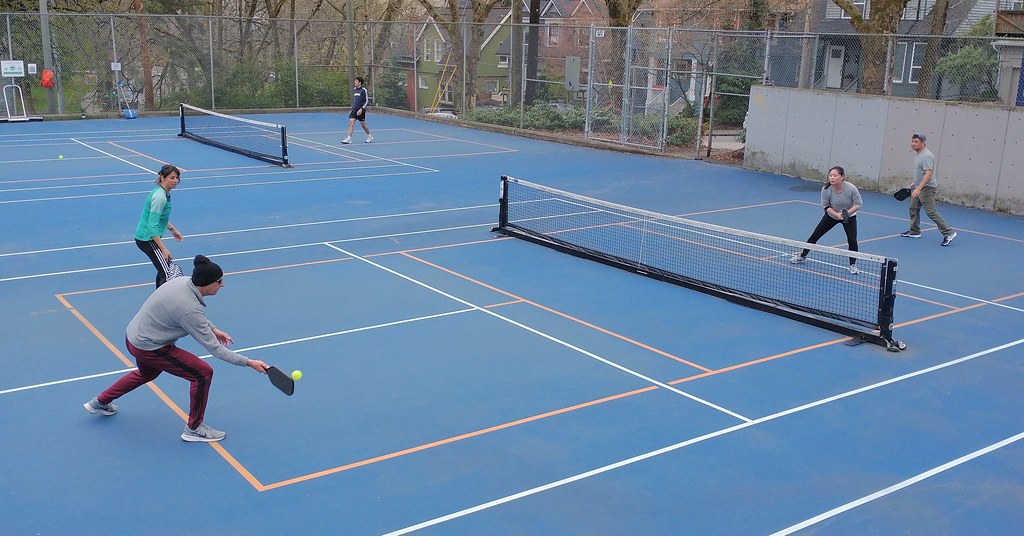
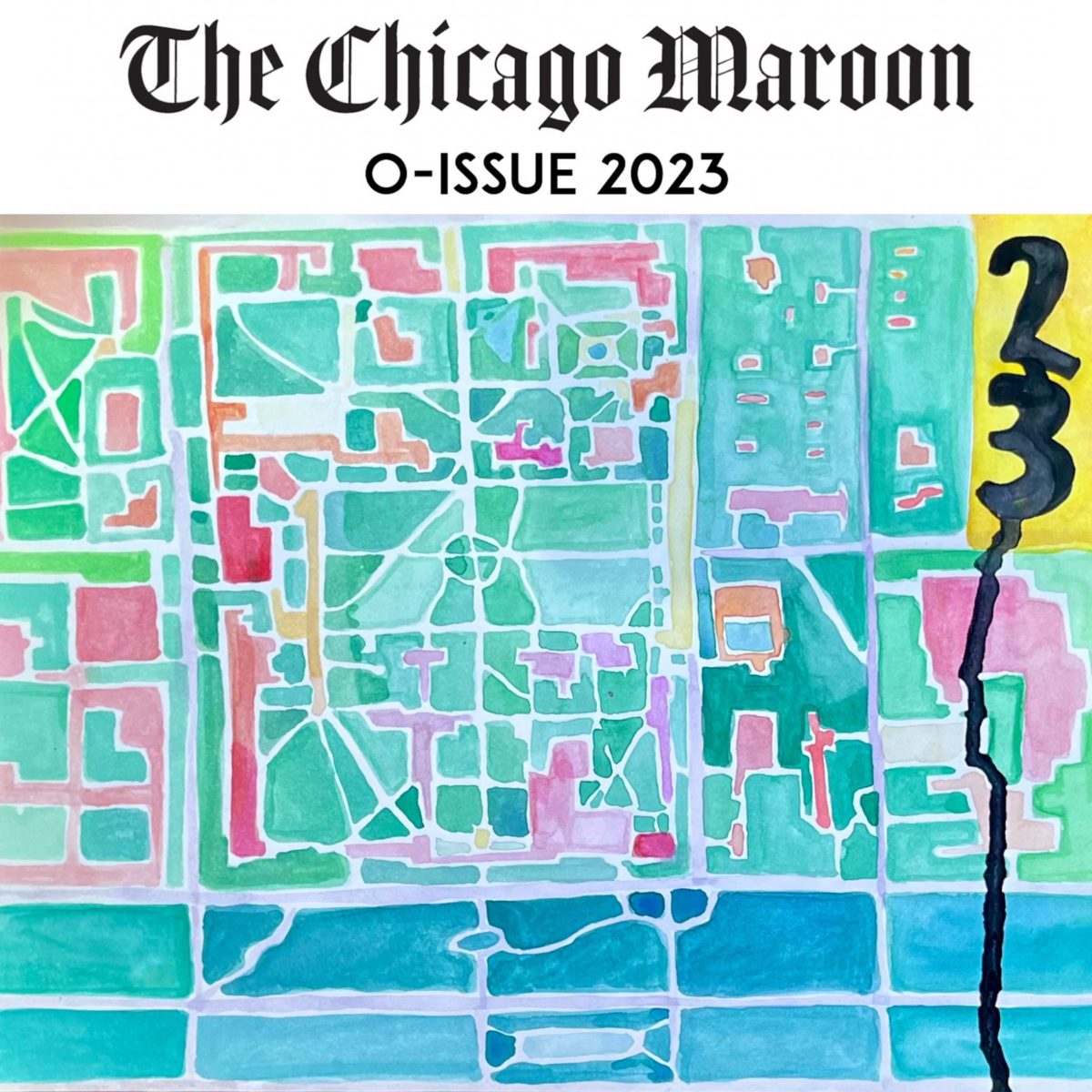
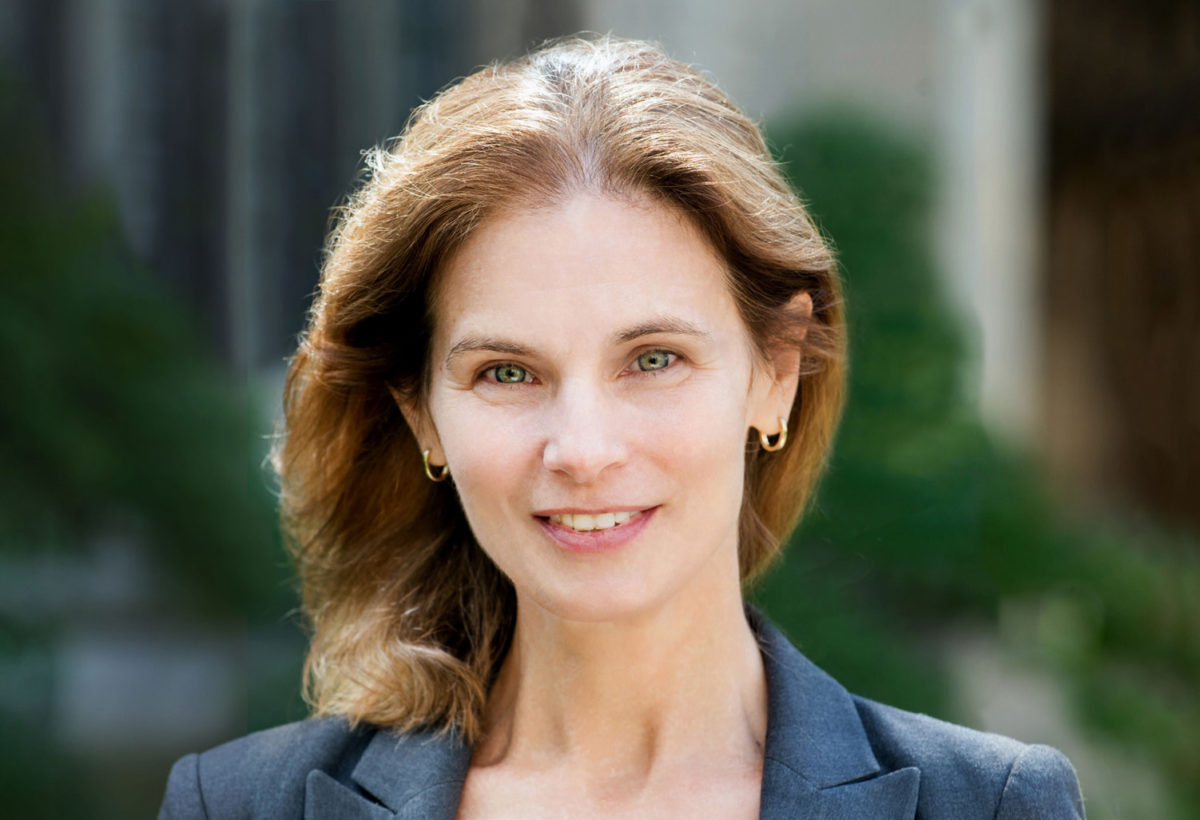
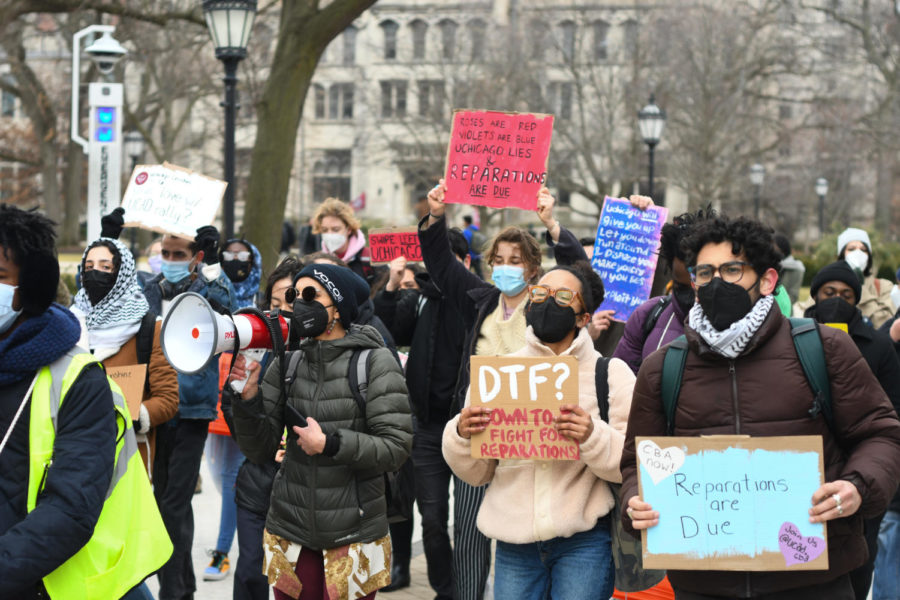
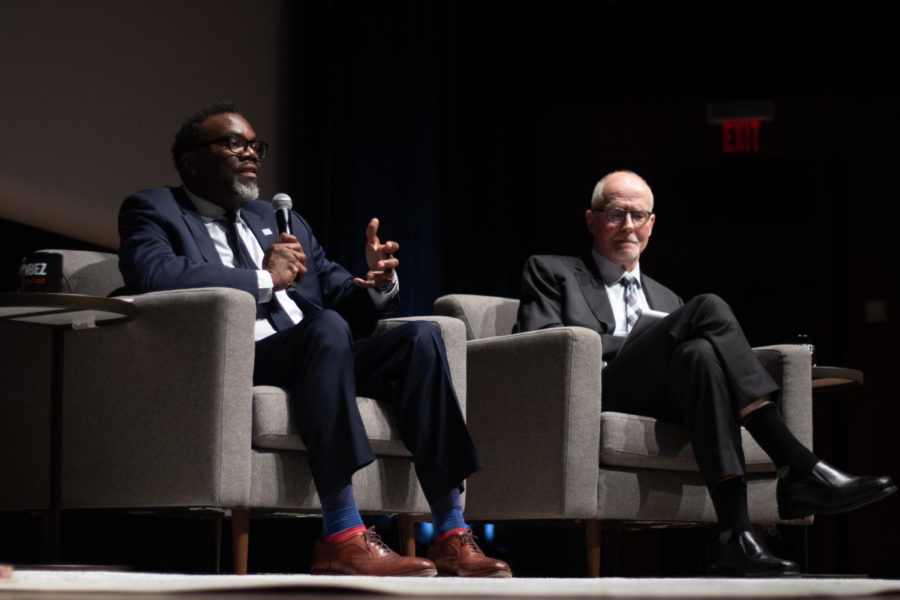
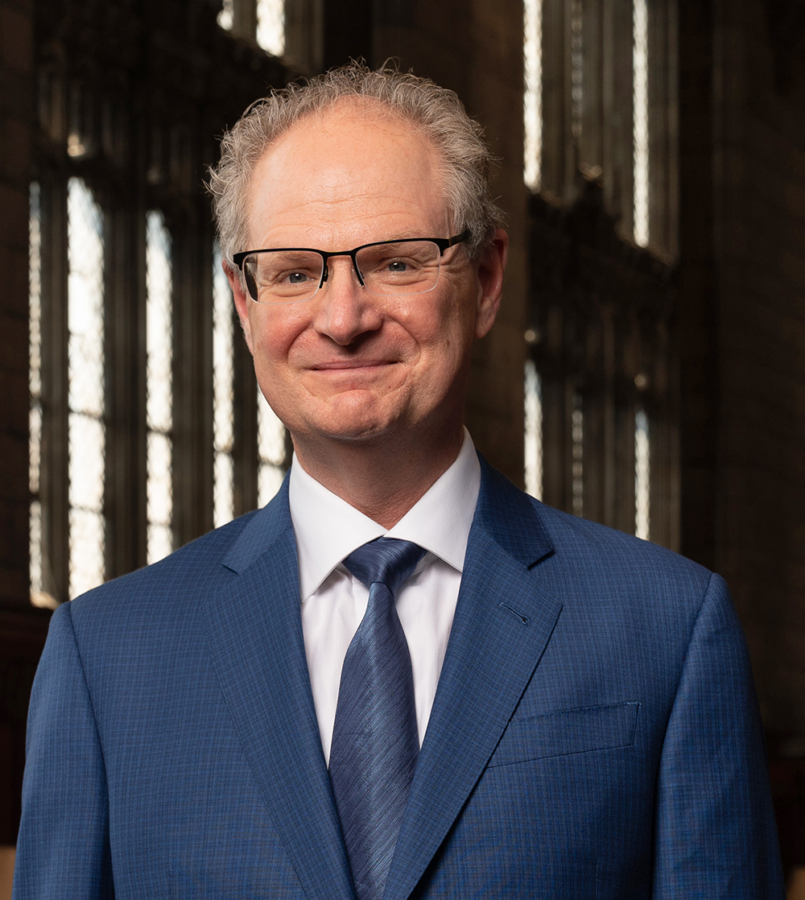
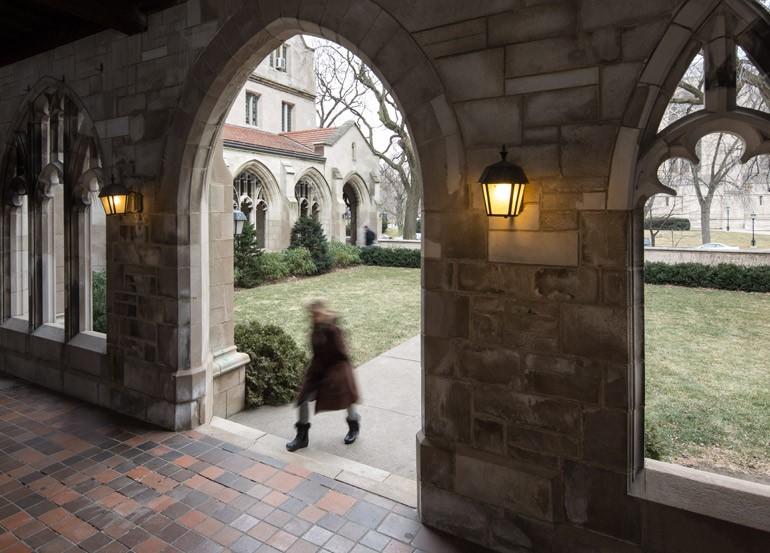
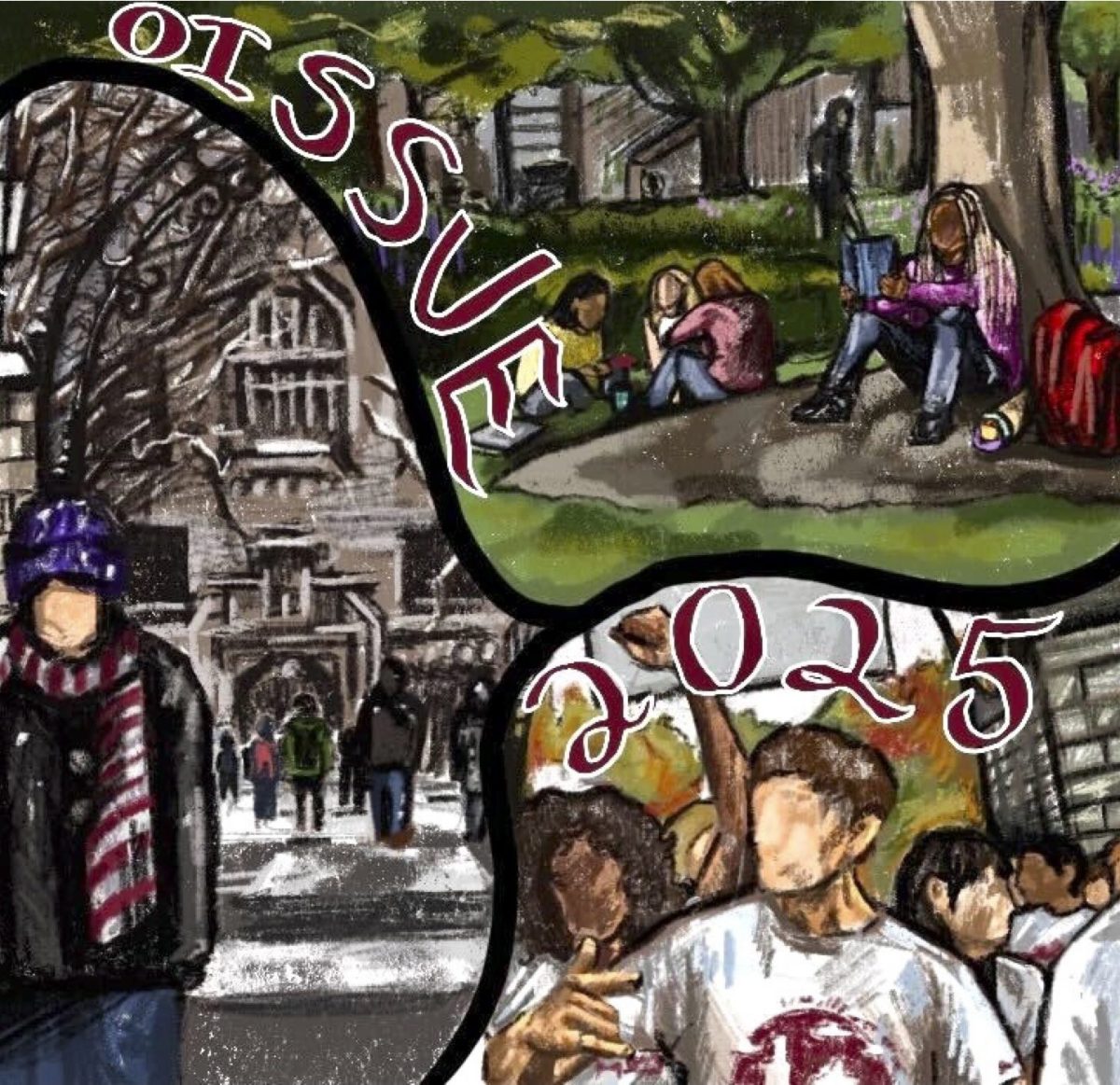
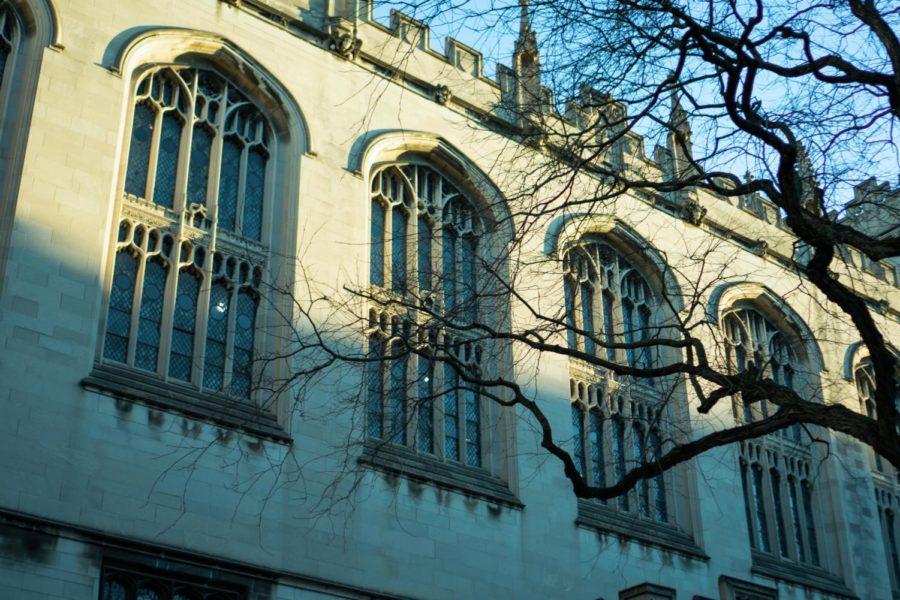

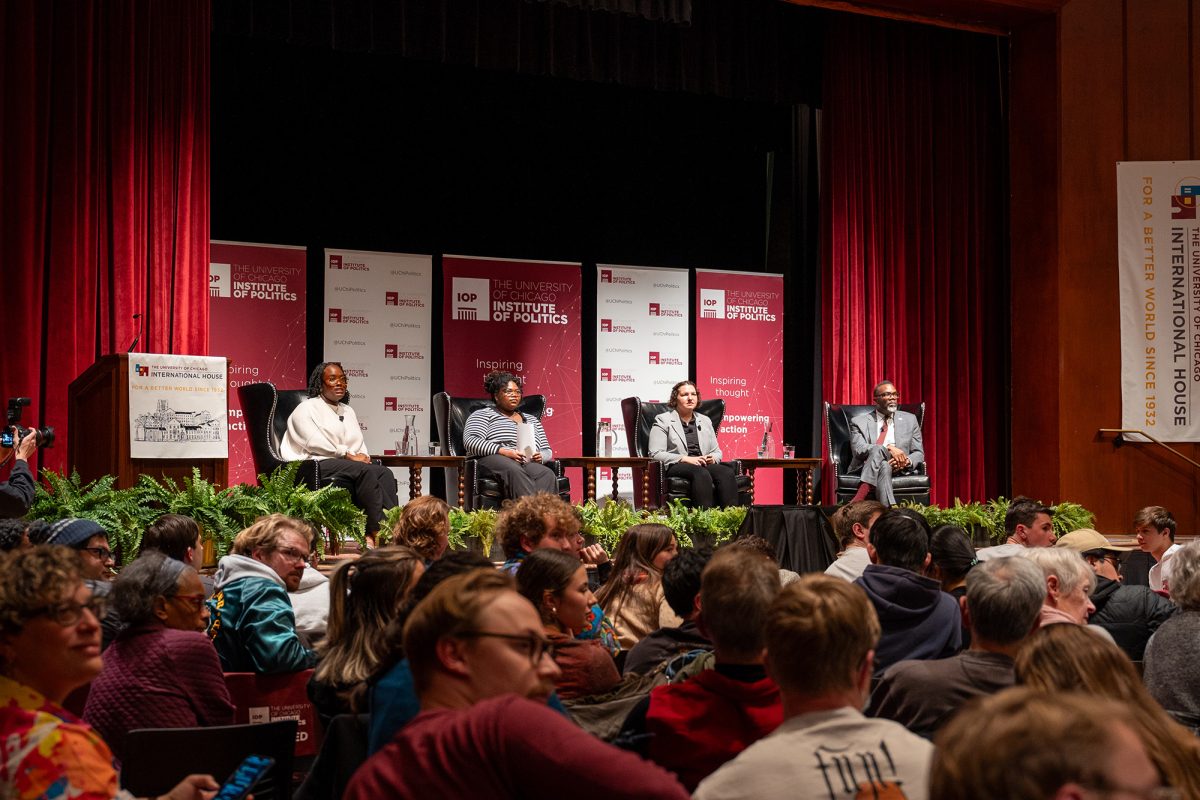


strokess / Sep 19, 2025 at 5:13 am
Wild to see how fast Chicago’s filling up with the sound of pickleball paddles — said Founder of Strokess Sporting Solutions
Gregory Caesar / Sep 22, 2023 at 7:47 pm
Thought-provoking as usual. Finn is a very skilled writer.
Sam D / Sep 20, 2023 at 4:46 pm
Great article Finn, some really good stuff in here, like a well made sandwich.